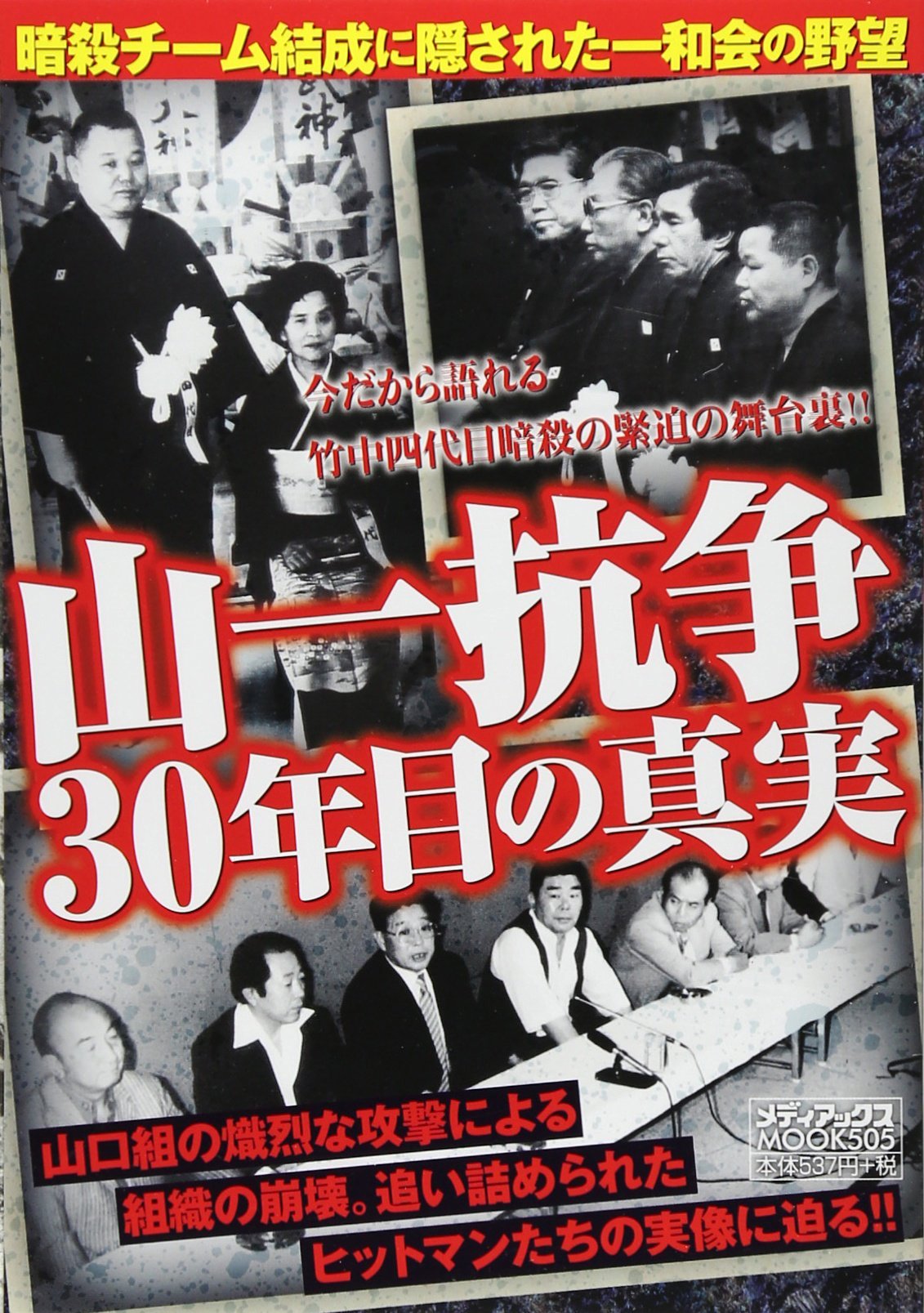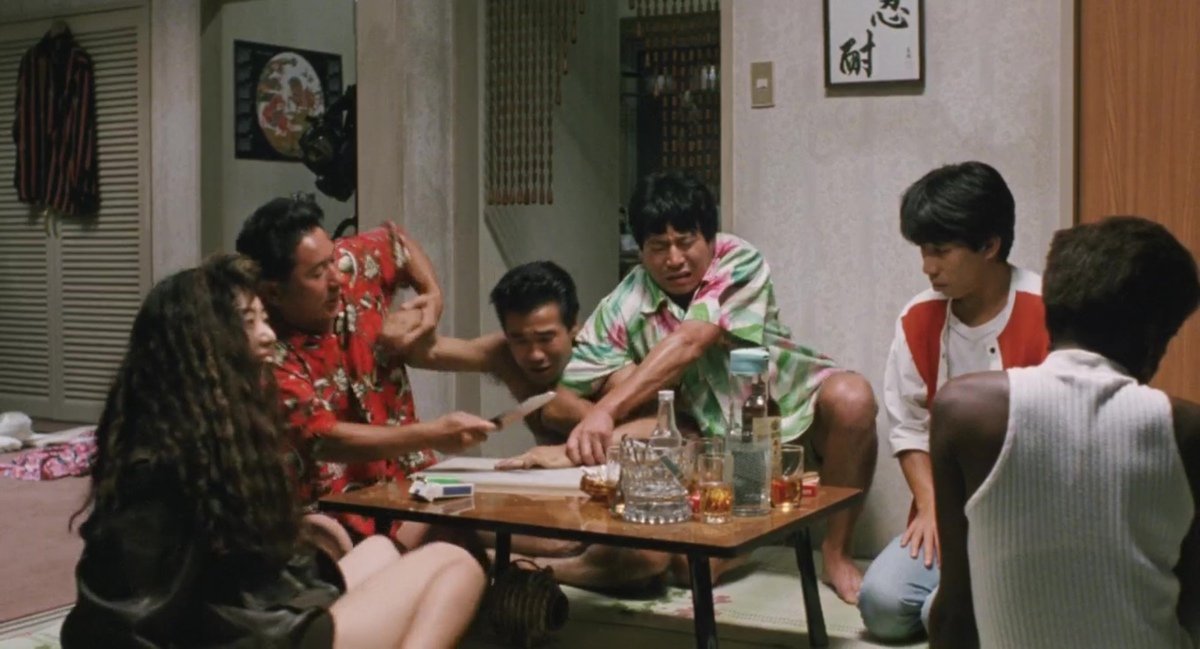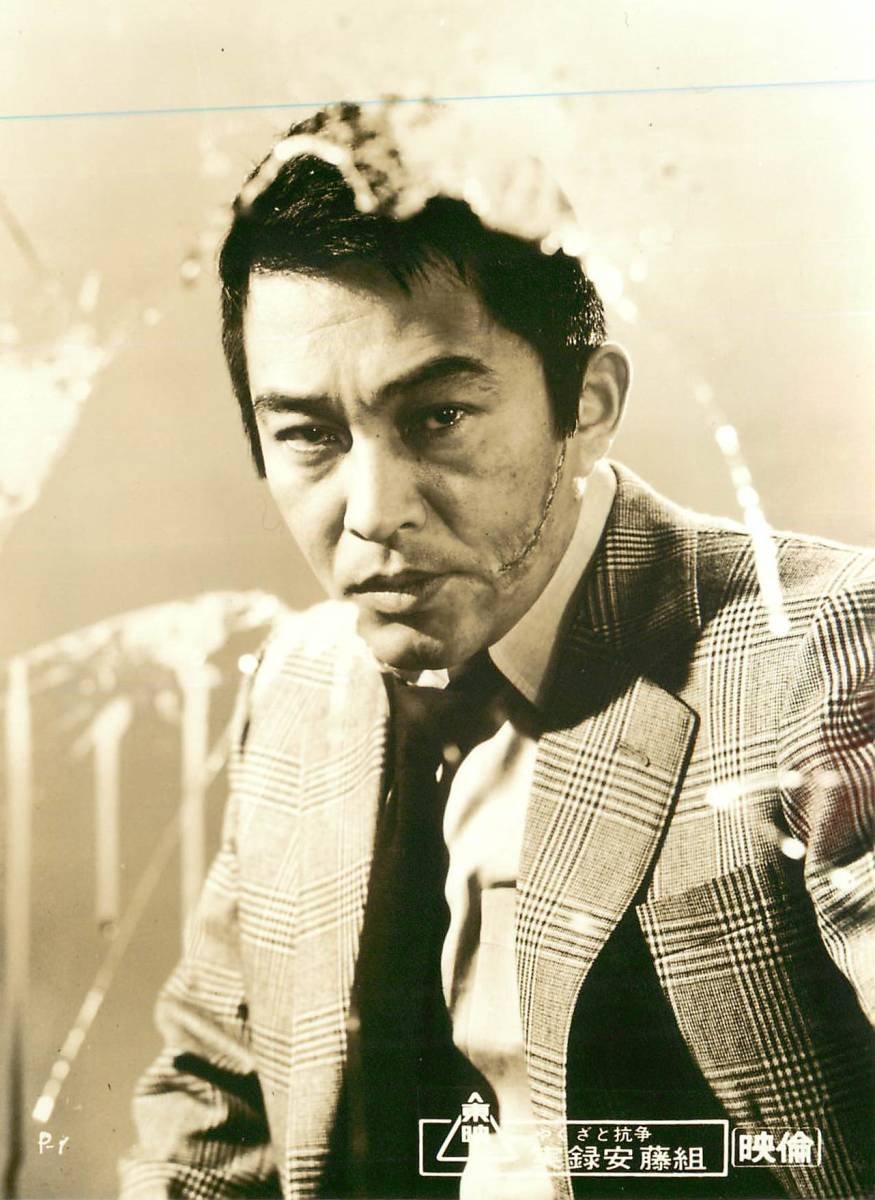Japan's Bloodiest Gang War: The Yama-Ichi War

While the Yakuza, Japan's most prominent organized crime syndicates, experience a steep decline of members in recent years, there has been a time when their crimes were all over the news.
During the 1980s, newspapers even published scorecards listing daily death rates. It was the time of one of the bloodiest and gruesomest gang wars in Japan: The Yama-Ichi War.
The story began when Kazuo Taoka, "godfather of all godfathers", head of the biggest yakuza family of Yamaguchi-gumi died of a heart attack in 1981 after ruling for 35 years. In search of a successor, the leaders of the eight most powerful gangs in the Yamaguchi-gumi family came up with Kazuo's right hand, Kenichi Yamamoto.
But, unfortunately, he passed just seven months later. The Yamaguchi-gumi tried to close the now created power vacuum with the help of Kazuo's widow Fumiko, who was temporarily chosen as acting boss. However, the next election favoured Fumiko's prefered Masahisa Takenaka. This left the opposing candidate Hiroshi Yamamoto jealous and led to him splitting with the group.
Yamamoto formed his own organization, the Ichiwa-kai, who managed to lure in many of Yamamoto's supporters from the Yamaguchi-gumi. Then, as he swore revenge, he sent a hitman squad to eliminate Takenaka in his mistress's home in Osaka, which left Takenaka and other high-ranking members dead.
This event sparked a bloody nationwide conflict that came to be known as the Yama-Ichi War, as the enraged Yamaguchi-gumi and its newly chosen acting boss Kazuo Nakanishi vowed to wipe out the Ichiwa-kai in revenge. Two years of conflict with over 300 shootings and more than 25 casualties followed.
In 1986, the feud took a dramatic turn when an Ichiwa-kai member was found brutally murdered. The outsider yakuza, who saw themselves as gentlemen at this point, recognized the rivalry had been getting out of control, and an ashamed Yamaguchi-gumi leader announced an end to hostilities soon after. With the help of a neutral Tokyo gang, Inagawa-ka, a peace accord was negotiated under which the remaining Ichiwa-kai defectors were allowed to rejoin the Yamaguchi-gumi.

![Ichi The Killer [2001]: Behind the Styling](https://images.squarespace-cdn.com/content/v1/57825361440243db4a4b7830/1643714051001-L0BAX8IPH04XE3K38UJN/tumblr_p7kws8LiMS1wiassio5_1280.png)



